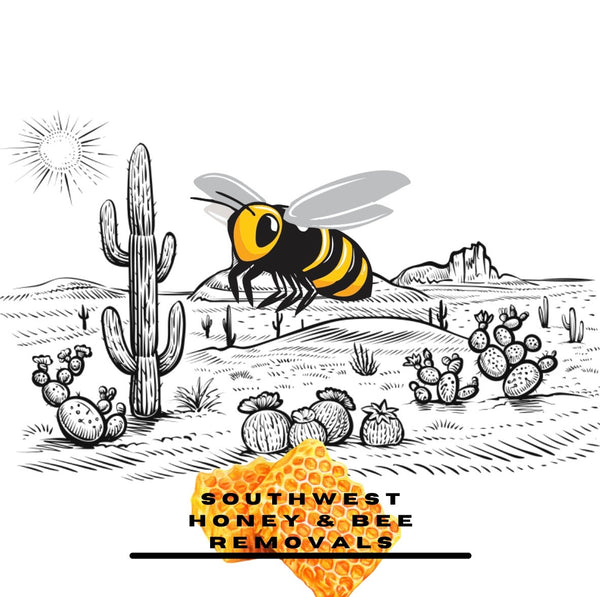As a product expert in the field of child nutrition, it is important to provide accurate and evidence-based information to parents. One topic that often comes up is the safety of honey for babies under 2 years old. While honey is a natural and delicious sweetener for adults, it can pose serious health risks for infants.
Why is honey unsafe for babies under 2?
Honey has been found to contain spores of a bacterium called Clostridium botulinum, which can cause a rare but serious illness called infant botulism. This bacterium is harmless to older children and adults, as their digestive systems are able to destroy the spores. However, the immature digestive systems of infants under 1 year old are not yet capable of killing these spores, allowing them to grow and produce toxins in the baby's intestines.
What are the symptoms of infant botulism?
Infant botulism can cause symptoms such as constipation, weak cry, poor feeding, lethargy, and muscle weakness. In severe cases, it can lead to difficulty breathing and even paralysis. It is important to note that these symptoms may take several days or even weeks to appear after consuming honey contaminated with the bacterium.
How can infant botulism be prevented?
The best way to prevent infant botulism is to avoid giving honey to babies under 1 year old. This includes raw honey, pasteurized honey, and any food or drink that contains honey as an ingredient. It is also important to educate caregivers, such as grandparents or babysitters, about the risks of honey and ensure they do not give it to the baby.
When is it safe to introduce honey to a baby?
After the age of 1 year, a baby's digestive system is more developed and better equipped to handle the spores of Clostridium botulinum. At this point, honey can be safely introduced into their diet. However, it is always a good idea to consult with a pediatrician before introducing any new food to a baby's diet.
What are some safe alternatives to honey for babies?
If you are looking for a natural sweetener for your baby, there are several safe alternatives to honey. Pureed fruits, such as mashed bananas or applesauce, can provide a sweet taste without the risk of infant botulism. You can also try using small amounts of unsweetened yogurt or pureed dates as natural sweeteners.
Remember, when it comes to the health and safety of your baby, it is always better to err on the side of caution. By avoiding honey until your baby is at least 1 year old, you can help protect them from the risk of infant botulism. If you have any concerns or questions, be sure to consult with your pediatrician for personalized advice.

